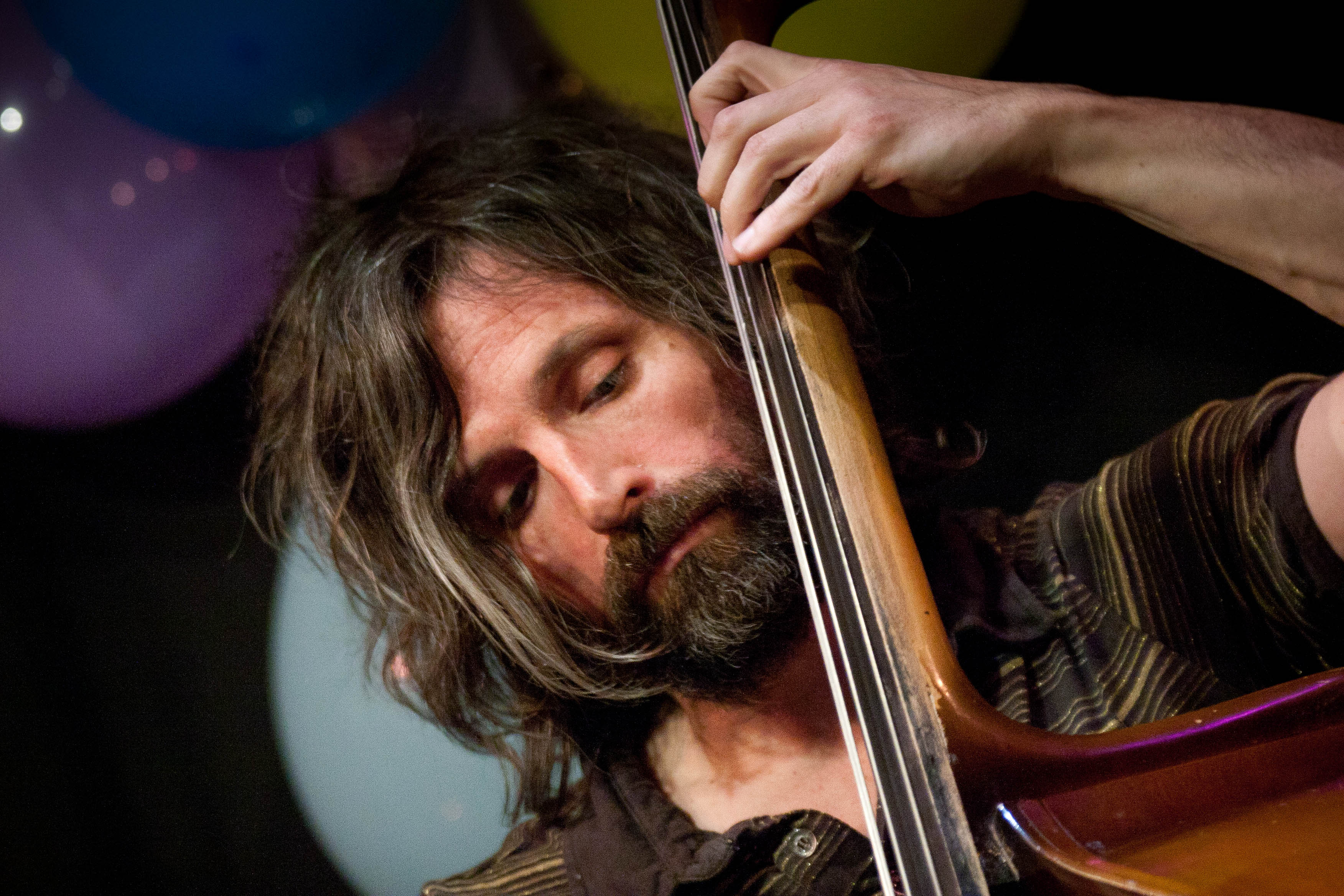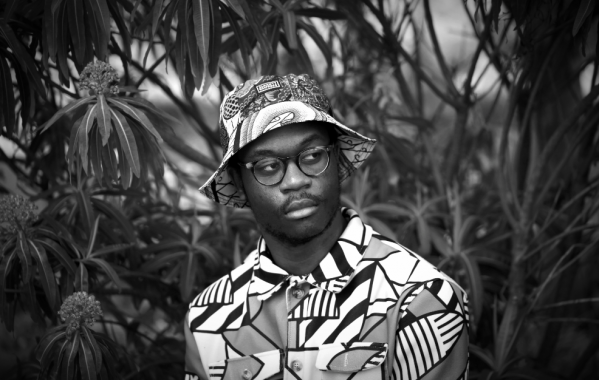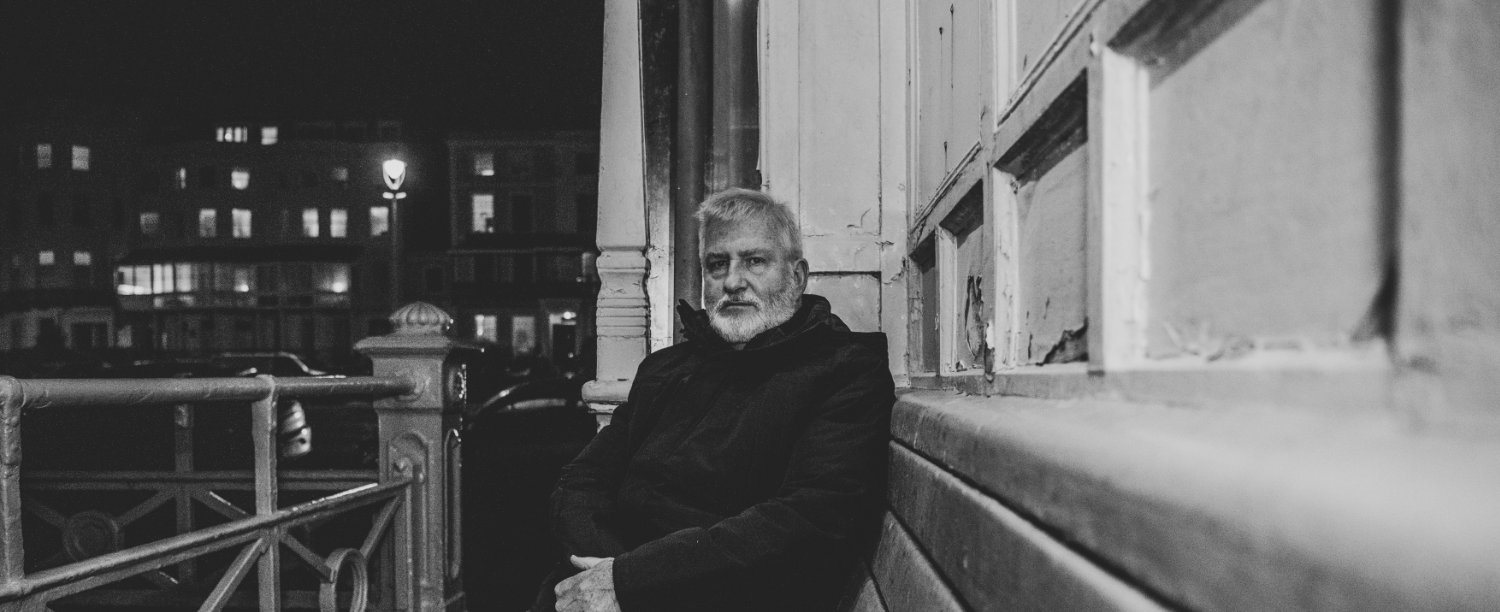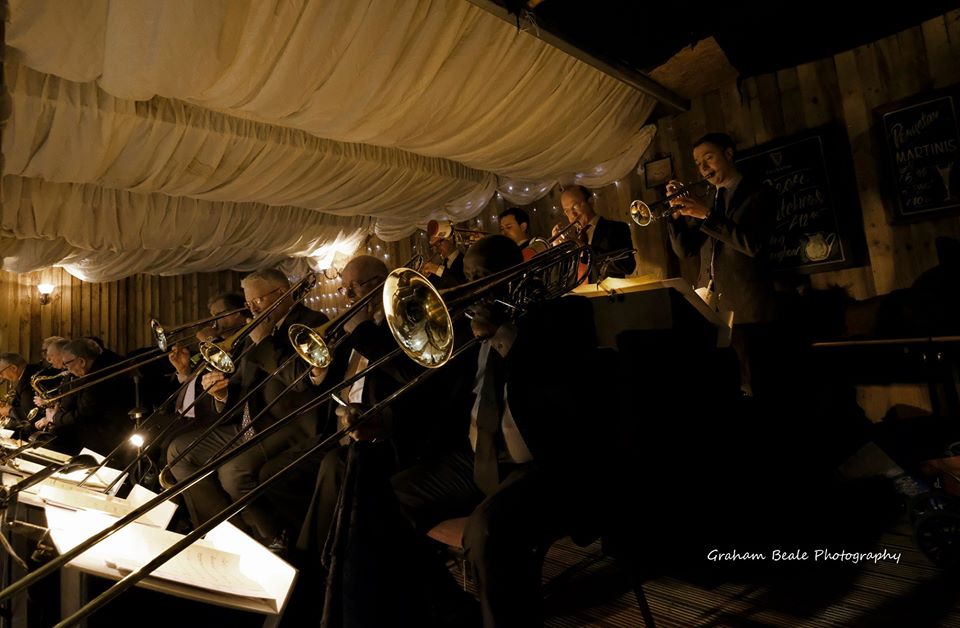The Column: Eddie Myer – Best of…2016

“2015 was a great year for jazz-and-related-musics in the Sussex area, and 2016 promises a range of delights to come.”
“Pulling back the camera for a reveal of the bigger picture, 2015 saw no less than three jazz festivals touching down in the area.”
“Let’s end with a wish-list. It would be nice to see a return of the Alternative Jazz Festival, and a continuation of sunny skies for Love Supreme. An increasing focus on education, bringing jazz-and-related-musics into the city’s many schools and colleges, is an essential component in maintaining the continuation of the scene. Finally, there’s no live music scene without an audience – the simplest, and best way to ensure the music you love continues to thrive is to get out and see it any chance you get!”
“Today’s players often opt for a non-committal jeans-and-suit-jacket look, like academics on sabbatical (which to an extent is what many of them are), or at worst embody the unfortunate paradigm of unkempt men in wrinkled casualwear hunched morosely over their instruments which has done so much to alienate the uncommitted public from the music. This is in stark contrast to previous generations – Miles in particular believed that a radical musical vision was best presented in snazzy threads. We’re not suggesting that a wholesale return to the Dark Magus’ shell-suit-and-hair-weave look of later years would be an effective cure; but a re- examination of the legacy of the Tommy Chase Quartet is surely overdue – both for the music itself, and for it’s leader’s belief that jazz had as much right to a place in the mainstream as anything else.”
“This column has touched repeatedly, perhaps contentiously or maybe only cantankerously, on (to our mind) the wholly unnecessary conflict that can sometimes be seen erupting across our already battle-scarred social media whenever the subject of ‘real’ jazz is brought up. While it’s now universally agreed that Charlie Parker, whatever his personal shortcomings, definitely always played real jazz even when encumbered by string sections, this was by no means apparent to all his contemporaries; go back to the journalists of the swing era to see how many of them found bebop to be a desecration of all the values they thought central to jazz, by polluting it with elements stolen from 20th century symphonic highbrows like Stravinsky.”
“It’s sometimes hard to remember, in these post-Marsalis, Lincoln-Centered days, how divided and at odds with itself the jazz community was in the mid 70s. Radical shifts in the cultural zeitgeist had moved the youth audience towards a host of different musical forms, from prog rock to funk.”
“Miles famously refused to look back. His 50s quintets established a high water mark of all the jazz values currently now returned to fashion – how many of the repertoire standards are in the book because he started playing them? – and his 60s bands set the template for post-bop chromaticism, even foreshadowing the contemporary attachment to the straight, unswung quaver feel. Come the 1970s though, he’d abandoned swing time, acoustic instruments, the standard repertoire, even chord changes, in a search for what he thought of as the true happening sound of the era.”
“It’s noticeable that jazz today has returned to many of the values championed by Miles’ classic quintets of the 50s and 60s, while the effect of his 70s explorations is far harder to detect. Was he exploring a blind alley, or a wormhole to the future?”
“Old-time swing and free improv may seem worlds apart but share links to the same tradition, if not exactly the same audiences, and consolidation of the diverse strands of the scene can only lead to greater strength.”
“What constitutes ‘real’ jazz is a subject of endless controversy, as the music itself encompasses so much in it’s legacy, from it’s disreputable roots to the popular dance bands and crooners of the thirties, and from the hip angularity of be-bop, the thunder and flash of fusion, and the esoteric artistic endeavours of the avant-garde. Fortunately, the welcome return of the South Coast Jazz Festival, and the Brighton Alternative Jazz Festival demonstrate that jazz can survive, even in it’s most uncompromisingly free-improv incarnation, as long as there’s an audience, a dedicated promoter and their team, and the continuing availability of deserved funding from the taxpayer – let us hope that recent political developments do not jeopardise this important source of artistic nourishment.” attachment to the straight, unswung quaver feel. Come the 1970s though, he’d abandoned swing time, acoustic instruments, the standard repertoire, even chord changes, in a search for what he thought of as the true happening sound of the era.”
“It’s noticeable that jazz today has returned to many of the values championed by Miles’ classic quintets of the 50s and 60s, while the effect of his 70s explorations is far harder to detect. Was he exploring a blind alley, or a wormhole to the future?”
“Old-time swing and free improv may seem worlds apart but share links to the same tradition, if not exactly the same audiences, and consolidation of the diverse strands of the scene can only lead to greater strength.”
“What constitutes ‘real’ jazz is a subject of endless controversy, as the music itself encompasses so much in it’s legacy, from it’s disreputable roots to the popular dance bands and crooners of the thirties, and from the hip angularity of be-bop, the thunder and flash of fusion, and the esoteric artistic endeavours of the avant-garde. Fortunately, the welcome return of the South Coast Jazz Festival, and the Brighton Alternative Jazz Festival demonstrate that jazz can survive, even in it’s most uncompromisingly free-improv incarnation, as long as there’s an audience, a dedicated promoter and their team, and the continuing availability of deserved funding from the taxpayer – let us hope that recent political developments do not jeopardise this important source of artistic nourishment.”
Compiled from Eddie Myer’s columns in 2016.
Eddie Myer is currently enjoying holiday time with his family.


